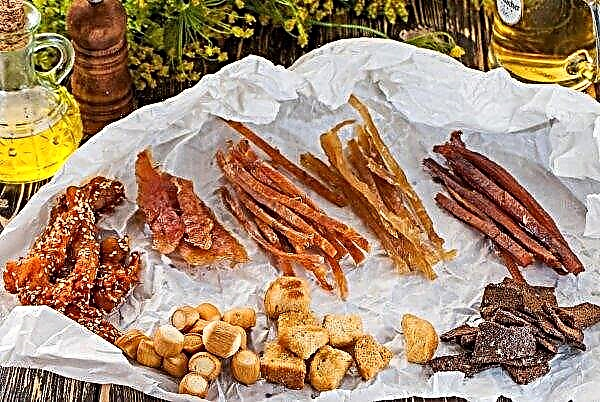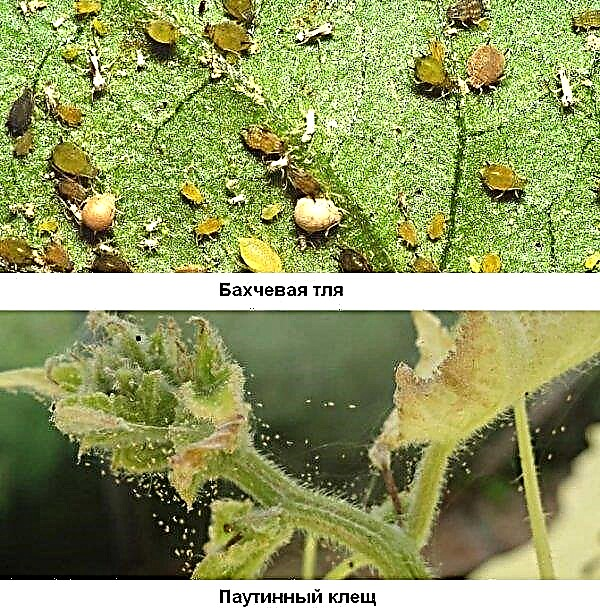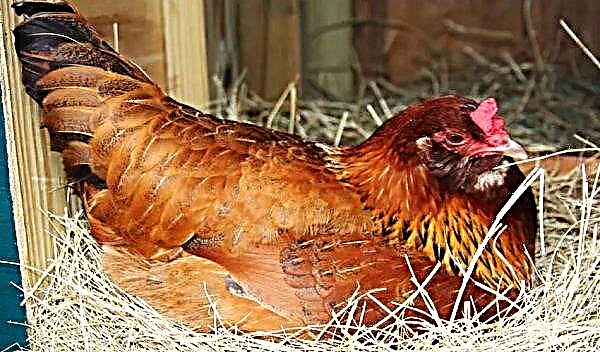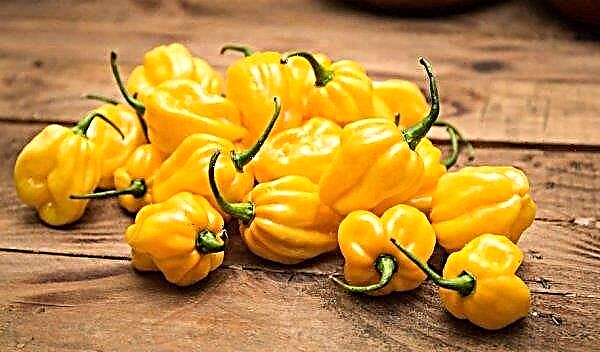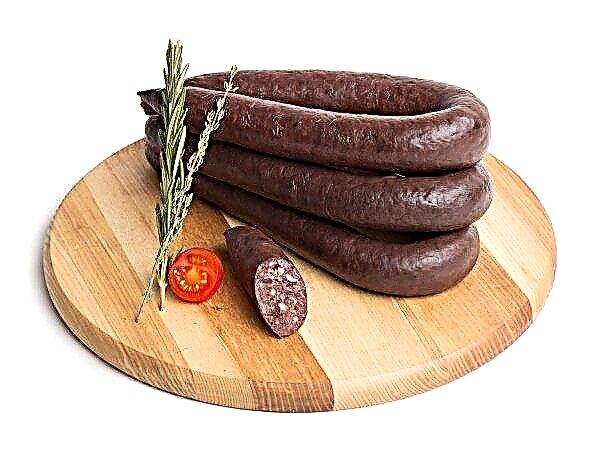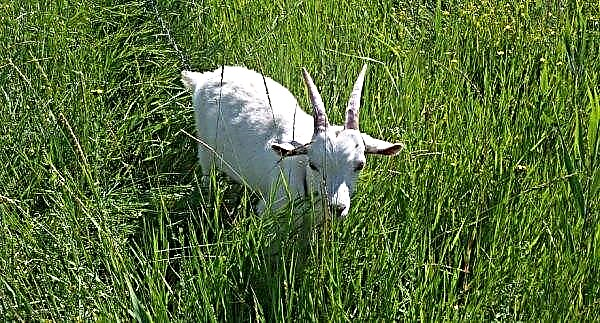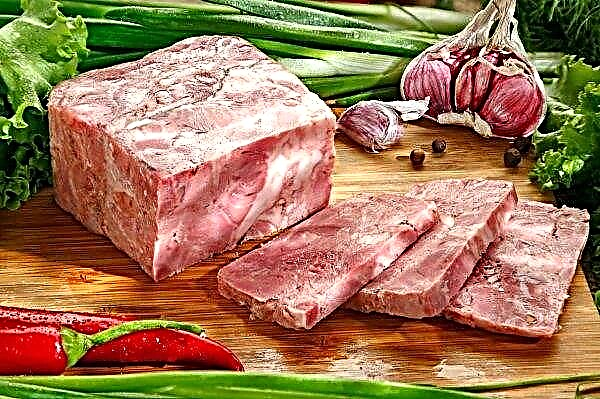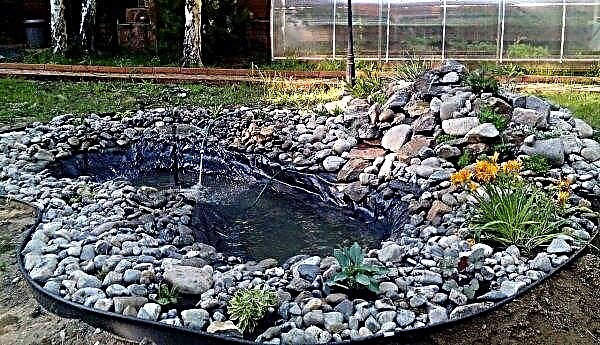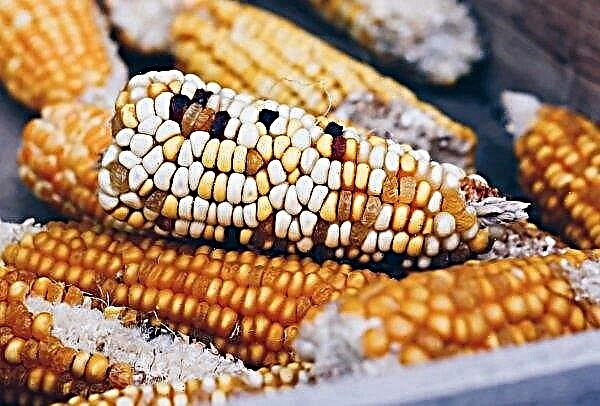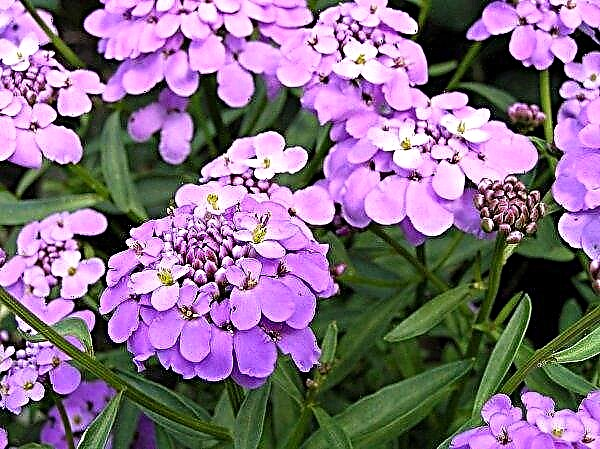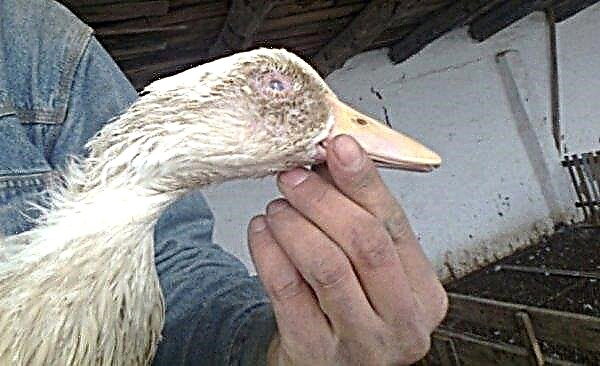According to the European Commission, in 2030
But this does not mean that no environmental progress will be achieved: traditional production systems, which have become more environmentally friendly compared to environmental standards, will take the place of agriculture, as we know it today.
The report of the European Commission foresees an evolution in the eating habits of European consumers with an increase in the number of flexitarians. In addition, the qualitative difference between traditional products and organic products will be reduced.
 Compared to organic, an apple that has been grown using traditional technology can be processed 16 times with 30 chemicals.
Compared to organic, an apple that has been grown using traditional technology can be processed 16 times with 30 chemicals.
This development will be felt in the prices of organic products paid to manufacturers and sold on the shelves of distributors.
The report also indicates that the conversion rate will decrease over the next twelve years (3% per year compared to 5% between 2006 and 2018).
They will relate to arable land designated for arable crops. Organic lagging crops will appear, such as sugar beets and organic potatoes.
Europe will always depend to the same extent on cheaper “moderate” organic products and on imports of tropical products.
- Kiev producer of organic products increases the area of cultivation.
- In the UK, farmers intend to grow the country's first viable organic oilseed rape.
- Ukrainian producers of organic products asked Groysman for material support.
- Volyn farm grows organic berries and vegetables.
- Danish retailers intend to sell only organic bananas.

